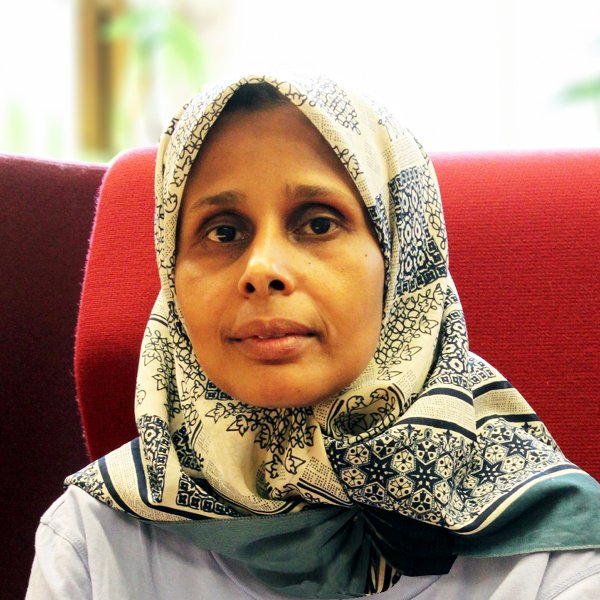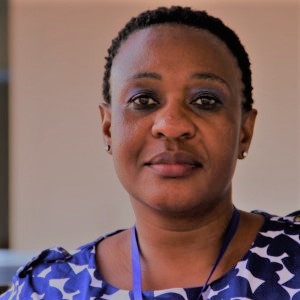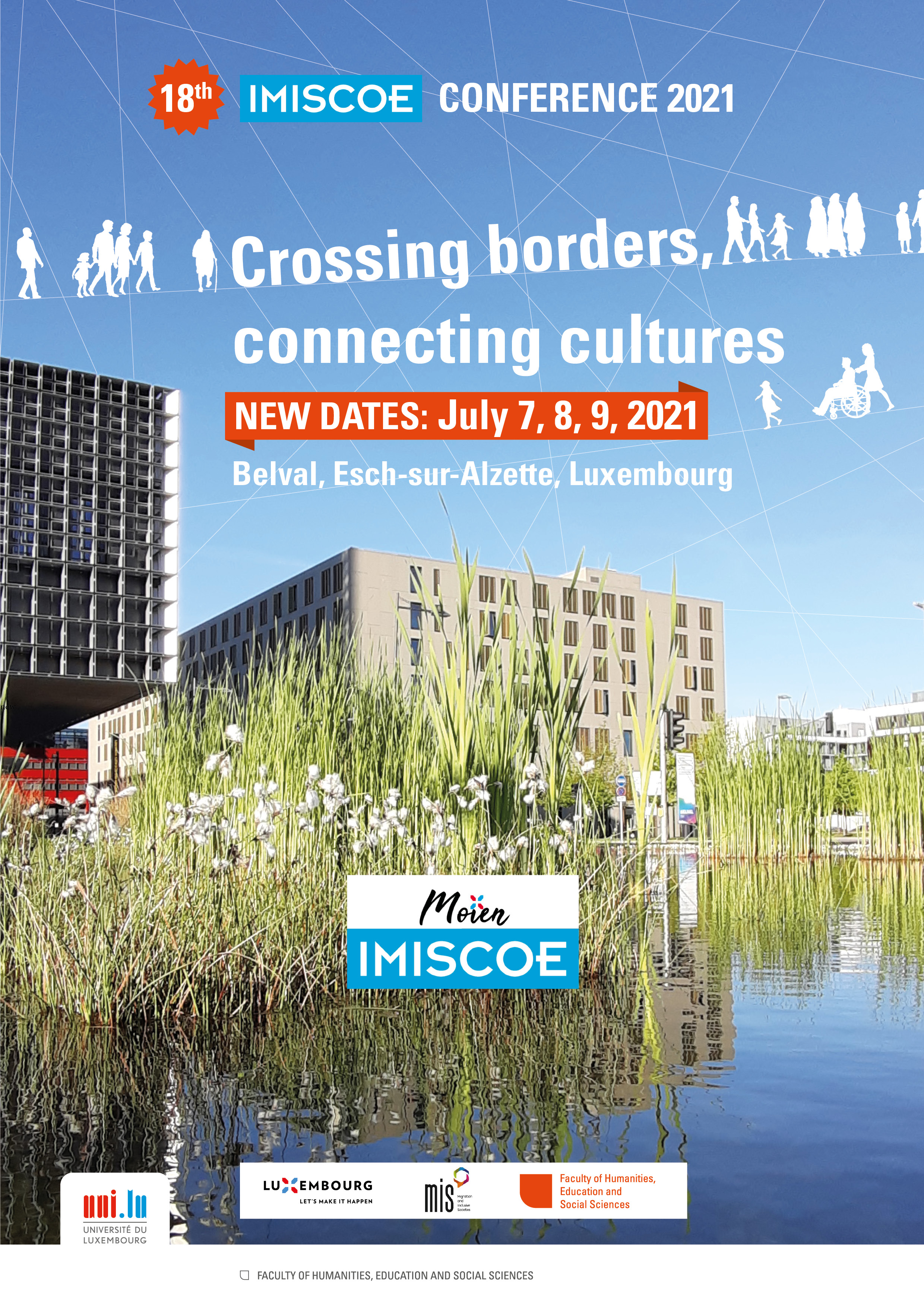As some countries have gotten over the first wave of the pandemic and are bracing themselves for a possible second wave, we are only starting to grapple with the impacts and the responses to this pandemic. One of many impacts we have seen so far were the COVID-19-related border closures, which limited free movement and thus have shaken the foundation of the European Union. Border closures took effect not only in Europe. Many migrants, as well as international students, were and are affected profoundly as they were not able to return and hence are trapped in their destination countries – often without income. Since many migrants work in critical sectors, such as the health care sector, the important role they play in the crisis response increases their exposure to the virus. Data from New York showed, that, due to income inequality and marginalization, migrants are overrepresented in neighborhoods most affected by the virus. Further, this pandemic makes existing inequalities more visible and it amplifies them as the strong and worldwide BLM protests show. However, we also experienced that things considered impossible until very recently, suddenly now are indeed possible. Nothing is set in stone and inevitable, we are able to not only to bounce back but to bounce forward to an improved state.
This conference still proposes to zoom deeper into people’s migration experiences by foregrounding how migration is connected to culture and language. We still intend to explore the nexus of migration, and culture in more depth by asking how migration is lived, experienced, mediated, and reflected in general and through everyday cultural, linguistic, and artistic practice. We are still interested in deepening our understanding of the complexity and diversity of migration experiences on the one hand, and the possibilities of connecting different migrant experiences and groups of people on the other. However, in light of the current developments, this cannot be achieved without extending our focus. Hence, for the 18th IMISCOE-Conference, we also invite your contributions on inequalities in general and on health and racial inequalities in particular.
Panels and papers will be grouped together thematically throughout the conference program
- SC Reflexive Migration Studies
- SC Migrant Transnationalism
- SC Migration, Citizenship and Political Participation
- SC Superdiversity, Migration and Cultural Change
- SC Older Migrants
- SC Gender and Sexuality in Migration Research
- SC Immigration, Immigrants and the labor market in Europe
- SC Migration Politics and Governance
- SC Education and social inequality
- SC Methodological Approaches and Tools in Migration Research
- RI Privileged Mobilities: local impacts, belonging and citizenship
- RI Revisiting Return Migration in Shifting Geopolitics
- RI Norms and Values in Migration and Integration
Key Note Speakers

Jaan Valsiner
Aarborg University

Mulki Al-Sharmani
University of Helsinki
I-Panelists

Marco Martiniello
University of Liège

Wiebke Sievers
Austrian Academy of Sciences

Dudziro Nhengu
Africa University

Francio Guadeloupe
University of Amsterdam
Dean of University St. Martin
Conference fee for the online conference
-
We are excited to inform you that we can offer you a onetime only reduced conference fee for this year’s conference participation and one-year membership:
Early bird: April 30-June 15 (extended deadline), 2021
- Discount fee (for Ph.D. candidates and scholars in a precarious situation only): € 65.
- Regular fee: € 90.
- Benevolent fee (solidarity contribution included): € 150.
Last minute registration June 10-July 2, 2021
- Ph.D. candidates and scholars in a precarious situation: € 100.
- Regular fee: € 125.
- Benevolent fee (solidarity contribution included): €150.
Please note:
- To be included in the conference program, presenters need to have registered by June 15, 2021. Presenters who fail to register by June 15, 2021, will be removed from the program.
- Registration after July 2 or on the conference days is not possible.
- The regular fee is the minimum required to cover the cost to organize the conference. The benevolent fee includes the solidarity support for the network.
- All fees include a One-year IMISCOE membership and access to the online conference 2021.
To learn more about the benefits associated with a membership of the IMISCOE-Network, please follow this link: https://www.imiscoe.org/about-imiscoe/members/becoming-a-member
Another positive note that we would like to share with you in this message is that we will offset the carbon footprint of this year’s annual conference. €5 of your conference fee will go towards planting trees in the rainforests of Costa Rica. While video conferencing does emit less carbon than f2f-conferences, nothing has zero emissions and a digital conference is not automatically green. It is still difficult to calculate exactly how much carbon emissions videoconferences create, but there are estimates.
For example:
- A one-hour standard-definition video call consumes about 270 MB per person.
- The standard-definition video calls would emit 0.6 kg of CO2.
Given that one average tree absorbs about 10kg of CO2 per year, it takes the planting of one tree to offset a standard quality video call with 36 participants (which is appr. the size of an average IMISCOE panel session). (sources: https://www.sciencedaily.com/releases/2021/01/210114134033.htm, https://gerrymcgovern.com/the-hidden-pollution-cost-of-online-meetings/, https://davidmytton.blog/zoom-video-conferencing-energy-and-emissions/)
We will work with a local NGO (https://www.rainforest.lu/spenden/), which works with locals in Costa Rica on reforestation projects to plant a diverse mix of trees and who assures that 100% of the donations go into the project.
We are looking forward to engaging further with you during our online conference!
If you have a disability or special need that may affect your participation in the conference, please contact Nicole Holzapfel-Mantin
(


